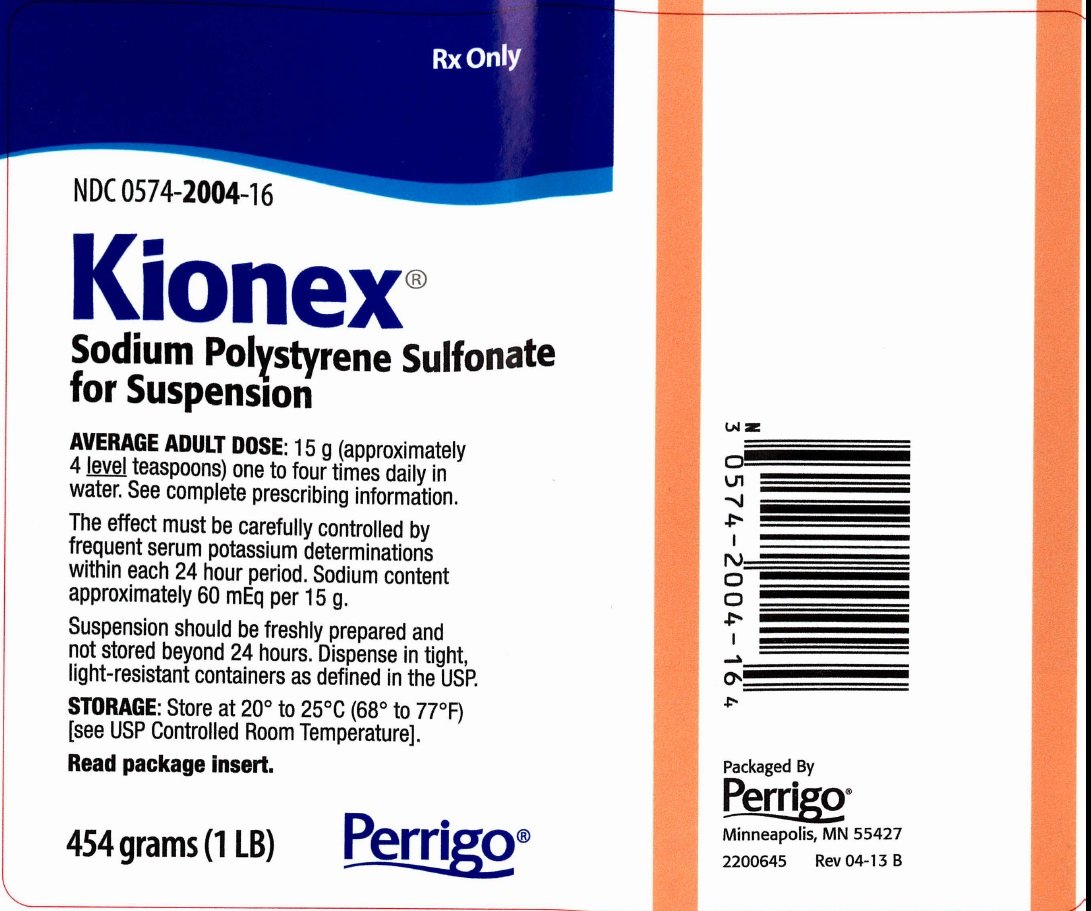The U.S. Drug Enforcement Administration (DEA) is considering reclassifying marijuana from Schedule I to Schedule III, according to a proposal by the Justice Department. The move would recognize the medical uses of cannabis but would not legalize it for recreational use. Schedule III drugs, which include ketamine and some acetaminophen-codeine combinations, are subject to regulations allowing for medical use and federal prosecution for unauthorized trafficking.
The proposal is currently undergoing review by the White House Office of Management and Budget and will subsequently enter a public-comment period and administrative judge review. While the process may be lengthy, the potential reclassification is seen as a significant development in the cannabis industry.
Reclassifying marijuana to Schedule III would not legalize recreational cannabis nationwide. The existing medical marijuana programs in 38 states and the legal recreational cannabis markets in 23 states are not expected to be affected. However, these programs may not meet the federal requirements for Schedule III drugs, such as production, record-keeping, and prescribing regulations.
The reclassification would have limited immediate impact on individuals already in the criminal justice system for marijuana-related offenses. It is important to note that the proposed change does not aim to release individuals from jail.
The reclassification could have positive implications for marijuana research. Currently classified as Schedule I, marijuana has faced significant barriers to authorized clinical studies. Moving it to Schedule III would make it easier to conduct research, although some uncertainties remain, such as studying marijuana from state-licensed dispensaries and the oversight of the federal Food and Drug Administration.
The proposed change would also have implications for taxes and banking in the cannabis industry. Currently, businesses involved in marijuana “trafficking” cannot deduct certain expenses under the federal tax code. Reclassifying marijuana to Schedule III would allow cannabis companies to benefit from tax deductions, potentially reducing their tax burden.
Critics of the reclassification argue that it is too incremental and prefer a complete removal of marijuana from the controlled substances list. Some legalization advocates believe the focus should be on treating marijuana similarly to alcohol or tobacco, which are not classified as controlled substances.
In conclusion, the DEA’s proposal to reclassify marijuana to Schedule III is currently under review. If implemented, it would recognize the medical uses of cannabis but would not legalize recreational use. The potential reclassification has implications for research, taxes, and banking in the cannabis industry. However, it would not immediately impact existing medical marijuana programs or legal recreational cannabis markets.











